Post
A catch
Save a catch to start your fishing logbook. You will be able to to share it with the community if yo want!
A fishing trip
Post an ad to go fishing with other fishermen
Save a catch to start your fishing logbook. You will be able to to share it with the community if yo want!
Post an ad to go fishing with other fishermen
Share a thought, a question with the community
My favorite cities
×Join our 295 fishermen and our 1 cofisherman in Capel-Gwyn in Carmarthenshire. The fishing forecast is currently 4.1. The most caught fishes here are bleak fish, the stone loach, the perch and the three spined stickleback. Come try the most famous fishing techniques like the surfcasting fishing for sea bream, gathering seafood by hand, tips on material to catch bass on plug from the shore or plug fishing for roach.
Our fishing forecast of Capel Gwyn indicates the best time to go fishing in this city.
Bleak Fish
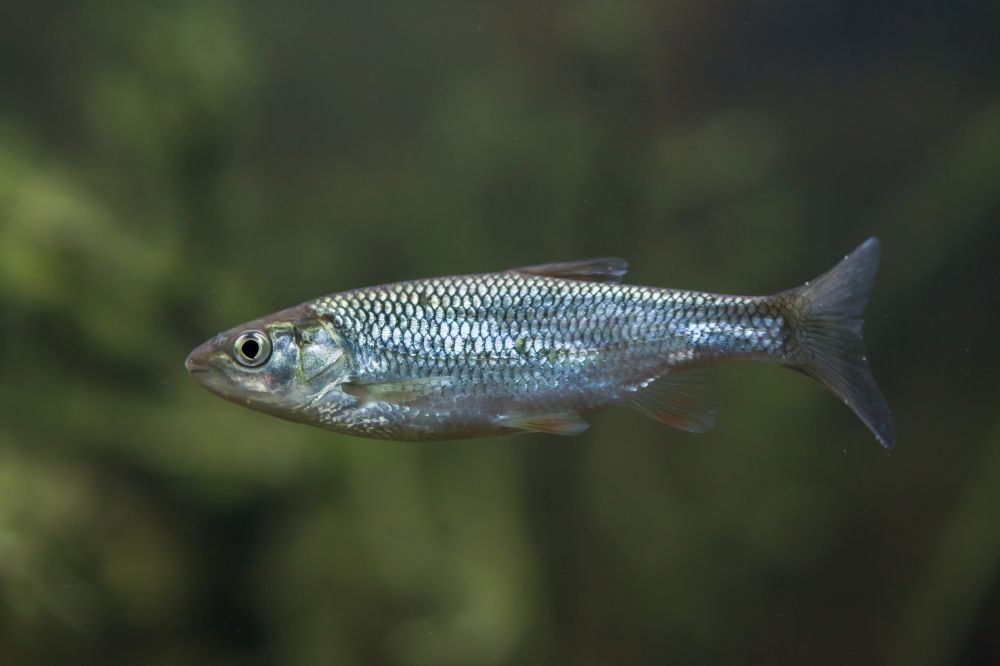
The Bleak fish is a Cyprinidae. In general, its average size is 10 to 15 cm and its weight is 15 to 50 g. However, some individuals can reach up to 60 g for a size of 25 cm. The bleak has a lifespan of 6-7 years. The spawning period is between April and August. It can lay up to 7000 spawns. You can fish bleak from June to September. This fish swims quite fast and offers a little resistance during the catch. The bleak is a fish with an elongated body that is very compressed laterally, allowing it to have a high velocity. The upper jaw is shorter than the lower jaw. The mouth of the bleak is oriented upwards (above), a typical character of fish that seek their food on the surface. The caudal fin is strongly indented and the caudal peduncle is thin. The dorsal fin is inserted behind the pelvic fins and has a shorter base than the dorsal fin. Its name refers to the bright white color of its scales, which gives the bleak a metallic sheen. Its back is darker greenish-blue, its sides are silvery white and its fins are pale grey. During the breeding season, nuptial tubers appear on the backs and sides of males and their fins become orange.
Bleak Fish is a famous fish you can catch in Capel Gwyn.The Stone Loach
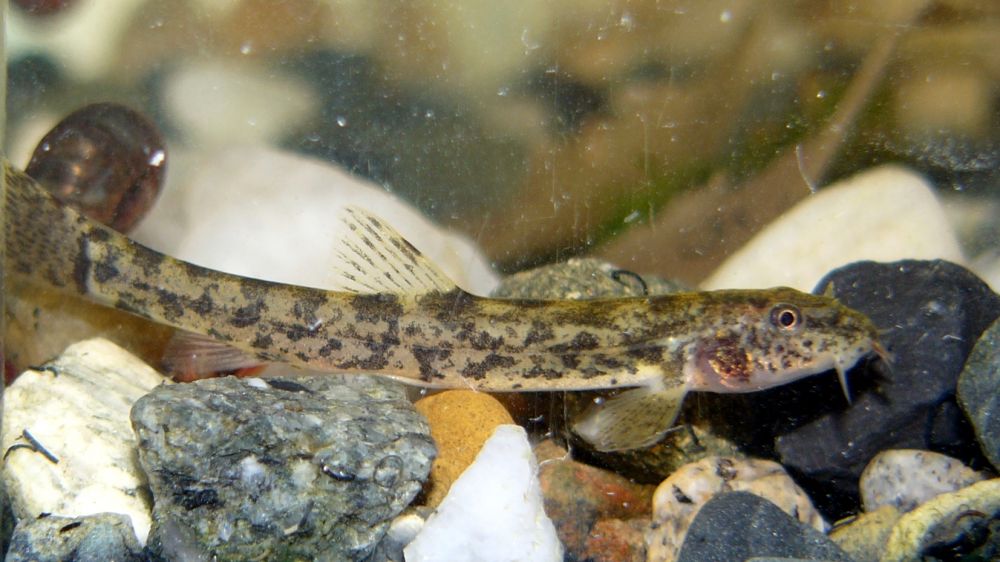
The Stone Loach belongs to the Balitoridae family. The current size of the Stone loach is about 10-12 cm and maximum 20 cm. Its longevity is 5 to 6 years. The breeding period takes place between April and July. Fertility is 50,000 to 80,000 eggs. Fishing is allowed from June to March. The stone loach has an elongated body, subcylindrical in its front part and covered with tiny scales. The head is broad and flattened. The mouth is equipped with three pairs of barbells on the upper lip. She does not have an erectile spine under her eye. The caudal fin is slightly indented, almost straight and punctuated with black. The back is brownish in color, the flanks are yellowish and the belly is clear. A dark band is present at the base of the caudal fin.
The Stone Loach is a famous fish you can catch in Capel Gwyn.The Perch
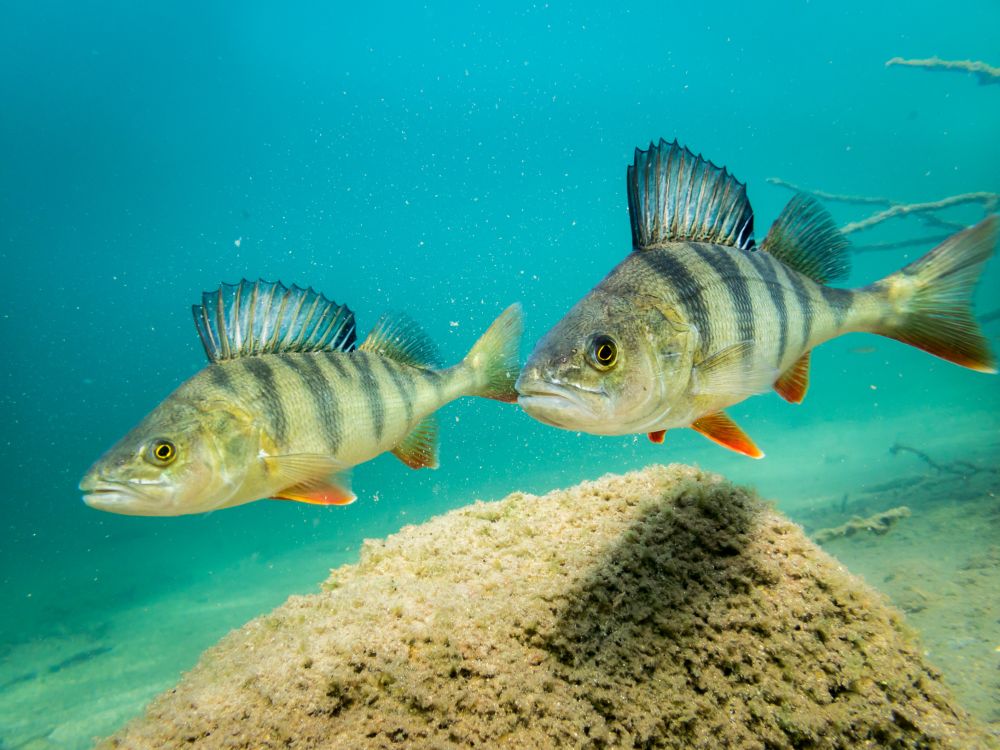
The Perch fish belongs to the Percidae Family. Its size, on average 15 to 20 cm, can reach 60 cm for a weight of 4.5 kg. Life expectancy is about 6 years (maximum 22 years). The perch spawns in April and lays between 4000 and 300,000 eggs. It is caught from June to December. Its body is stocky, high, yellow-green with broad transverse stripes; the belly is yellowish to matt white. Its ventral, anal and caudal fins are red; the anterior dorsal fin has sharp rays and a black spot on the back. Its operculum is finished by a strong thorn.
The Perch is a famous fish you can catch in Capel Gwyn.The Three Spined Stickleback
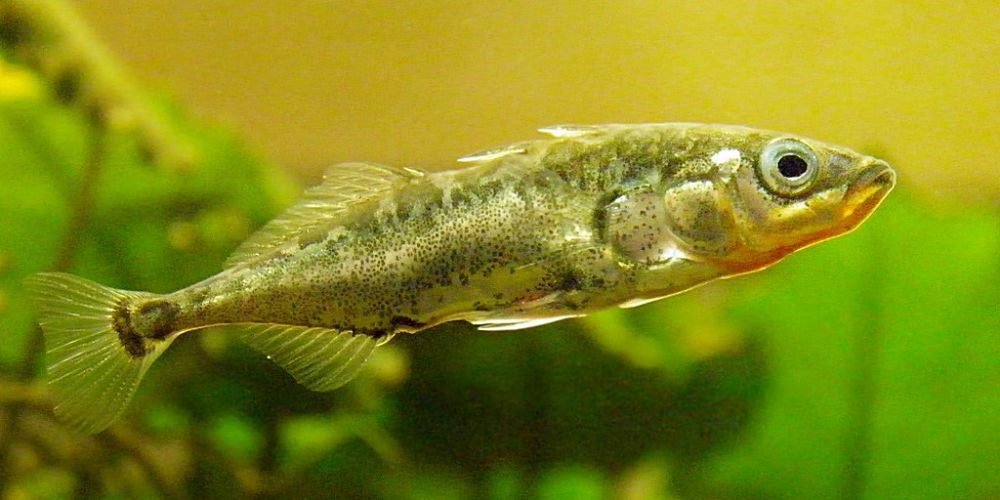
The three spined stickleback belongs to the Gasterosteidae family. The usual size of the three-spined stickleback is 4 to 5 cm for females, with males being a little smaller, about 3 to 4 cm. The life span of the three-spined stickleback varies from 3 to 5 years in natural environments and up to 8 years in captivity. Spawning season extends from March to June. Fertility is 200 to 400 eggs. It is fished from June to March. The three-spined stickleback is a tiny fish with a tapered, laterally compressed body. Its head is quite small, with fairly large eyes, and ends in a narrow mouth that is slightly oriented forward and upwards. The caudal peduncle of the three-spined stickleback is very narrow with a slightly indented caudal fin. The long dorsal fin is set far back, plumbing the anal fin. The dorsal fin of the three-spined stickleback is preceded by three spines, two long and one short, placed on the back of the fish. A curved spine also precedes the implantation of the anal fin. The pelvic fins are replaced by two thorns. The color of this fish is greenish brown for the back, with metallic reflections, silvery for the sides and whitish for the belly. Along the lateral line of the three-spined stickleback, there are no scales but bone plates called "badges", a kind of natural shielding that accompanies the thorny defenses of this fish.
The Three Spined Stickleback is a famous fish you can catch in Capel Gwyn.The Largemouth black bass
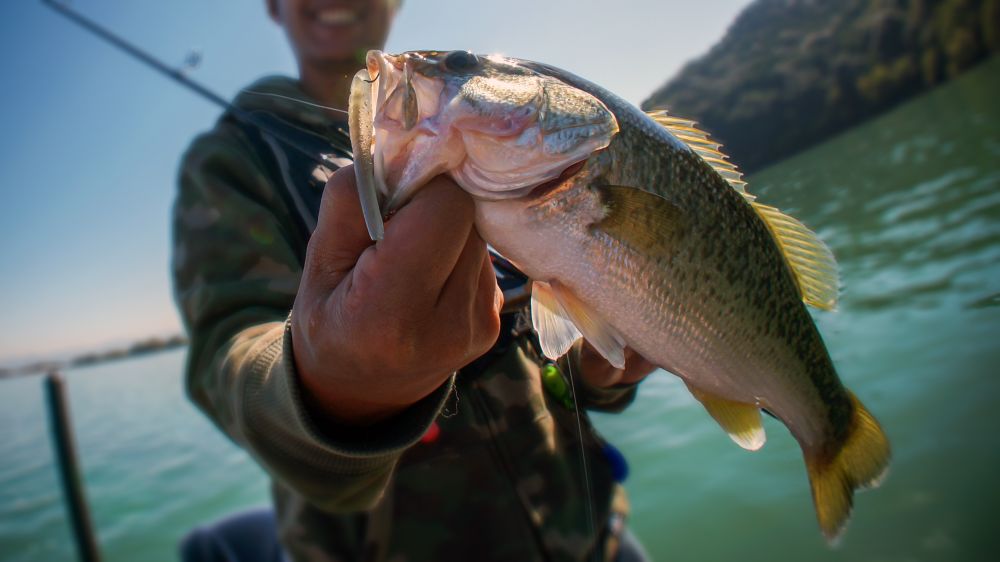
The Largemouth Black bass belongs to the Centrarchidae family. It has an average size of 50 to 70 cm for 4 kg. Its longevity is about 15 years. Spawning occurs from late spring to mid-summer. The number of eggs varies according to the size of the female, from 2000 to 14000 eggs. It is caught from March to October. Large-mouth black bass is a moderately large and robust fish. Its head is strong. Its terminal mouth is large, broad and oblique. The lower jaw is slightly prominent while the upper jaw extends to the back of the eye. The two dorsal fins are almost entirely separated. The first dorsal fin is rather low and has 10 spines. The second dorsal fin with a rounded shape is higher and has an average of 12 rays. Pelvic fins are short, rounded and have 1 spine and 5 soft rays. The pectoral fins are rather short, broad, rounded at the tip and have 13 to 15 rays. The dorsal side of the body varies from bright green to olive. The sides are pale green or golden green. There is a wide, uniform black lateral band that sometimes extends over the operculum and eye to the muzzle. The sides of the head vary from green to olive. The caudal is devoid of bright colors. The ventral side varies from milk white to yellow.
The Largemouth black bass is a famous fish you can catch in Capel Gwyn.Our fishing forecast of Capel Gwyn indicates the best time to go fishing in this city.
Our fishing forecast of Capel Gwyn indicates the best time to go fishing in this city.
Our fishing forecast of Capel Gwyn indicates the best time to go fishing in this city.
